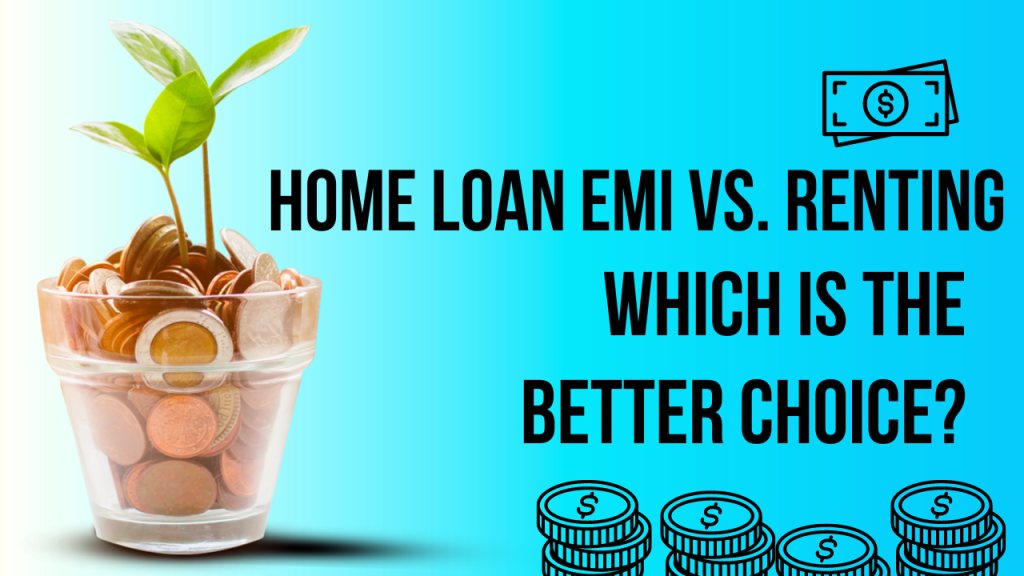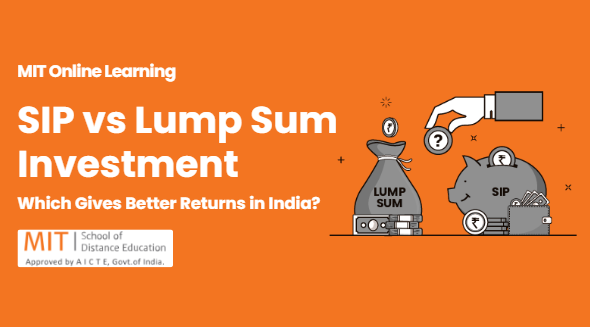
Deciding between paying a home loan EMI and renting is a significant financial decision that many individuals face. Each option has its unique advantages and drawbacks, making the choice highly dependent on personal circumstances and long-term goals.
Home Loan EMI: The Case for Ownership
Opting for a home loan EMI means committing to a long-term investment in property ownership. This path offers several benefits:
- Asset Building: Every EMI payment contributes towards owning an asset that is likely to appreciate over time. This builds equity and provides a sense of security.
- Tax Benefits: Homeowners can avail of various tax deductions on both the principal and interest components of the EMI, which can lead to significant savings.
- Stability and Control: Owning a home provides stability and the freedom to modify and renovate as per personal preferences, without the restrictions imposed by landlords.
- Pride of Ownership: There’s a sense of pride and accomplishment in owning your own home, which can enhance your quality of life.
However, homeownership comes with its set of challenges:
- High Initial Costs: The upfront costs, including down payments, registration fees, and other legal charges, can be substantial.
- Maintenance Responsibility: Homeowners are responsible for maintenance and repairs, which can be both time-consuming and costly.
- Long-Term Commitment: A home loan typically spans 15-30 years, requiring a long-term financial commitment and stability.
Renting: The Case for Flexibility
Renting offers a different set of benefits that can be appealing depending on your lifestyle and financial situation:
- Lower Initial Costs: Renting requires significantly lower upfront payments compared to buying a home. This can free up funds for other investments or expenses.
- Flexibility: Renting offers the flexibility to move without the hassle of selling a property. This is ideal for individuals with job locations that frequently change or those who prefer to live in different cities.
- No Maintenance Hassles: Renters are generally not responsible for major maintenance and repairs, which is the landlord’s responsibility.
Despite these advantages, renting has its downsides:
- No Asset Building: Rent payments do not contribute towards building equity. At the end of the lease, you do not own any tangible assets.
- Uncertainty: Renting can come with uncertainties such as rent hikes, non-renewal of lease, and lack of control over the property.
- Lack of Personalization: Renters have limited ability to make changes or personalize their living space.
Making the Decision
Choosing between a home loan EMI and renting depends on various factors:
- Financial Health: Evaluate your savings, income stability, and ability to handle long-term financial commitments.
- Lifestyle Preferences: Consider your need for flexibility versus your desire for stability and control.
- Market Conditions: Real estate market trends and rental market conditions can influence your decision. In a booming property market, buying might be advantageous, whereas in a stagnant market, renting could be more practical.
How to Manage Finance
In today’s complex financial landscape, having the knowledge and skills to manage your personal and professional finances is invaluable. Enrolling in a PGDM in Finance course equips you with a comprehensive understanding of financial management, investment strategies, and economic principles.
This course is designed to provide practical insights and advanced techniques in budgeting, financial planning, and risk management. By mastering these skills, you can make informed decisions that enhance your financial stability and growth. Whether you aim to climb the corporate ladder, start your own business, or simply manage your personal finances more effectively, a PGDM in Finance offers the expertise and confidence needed to navigate financial challenges and seize opportunities. Investing in this education is a crucial step toward achieving long-term financial success and independence.



